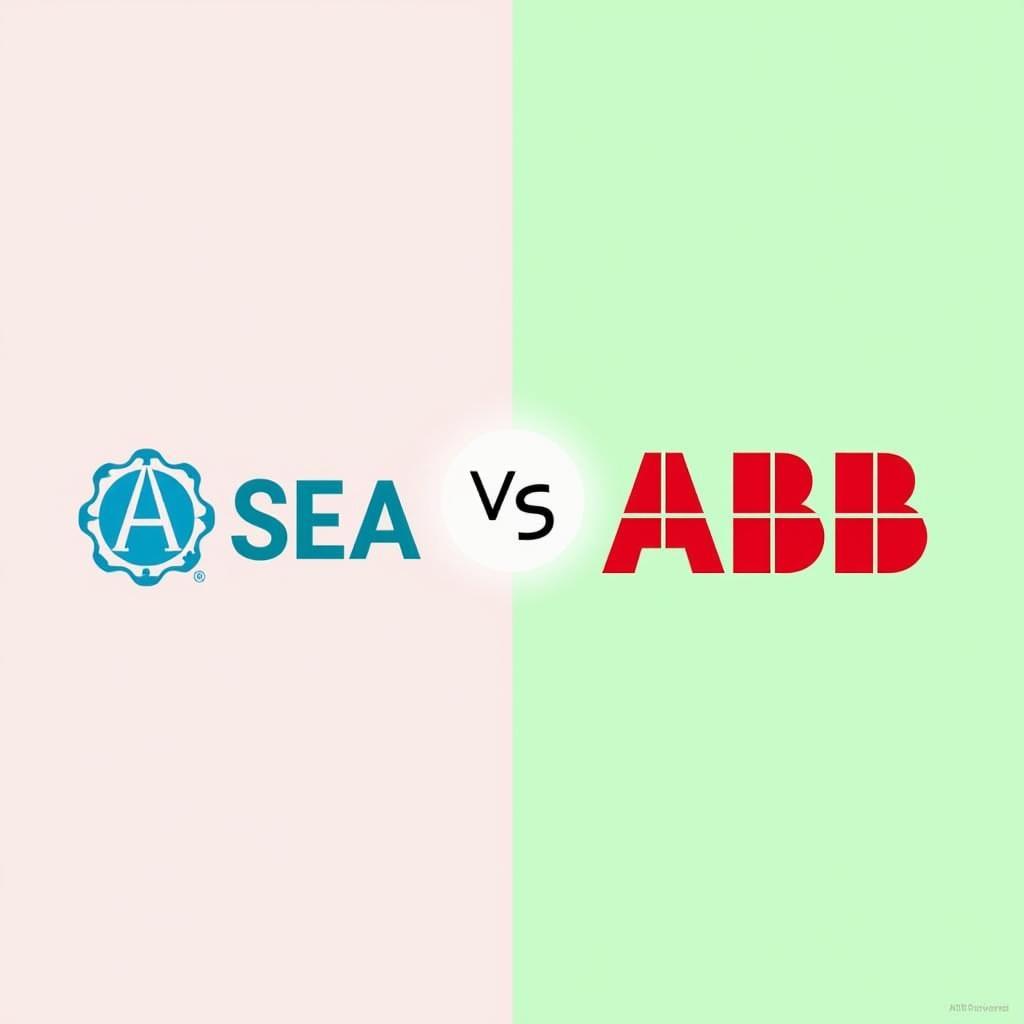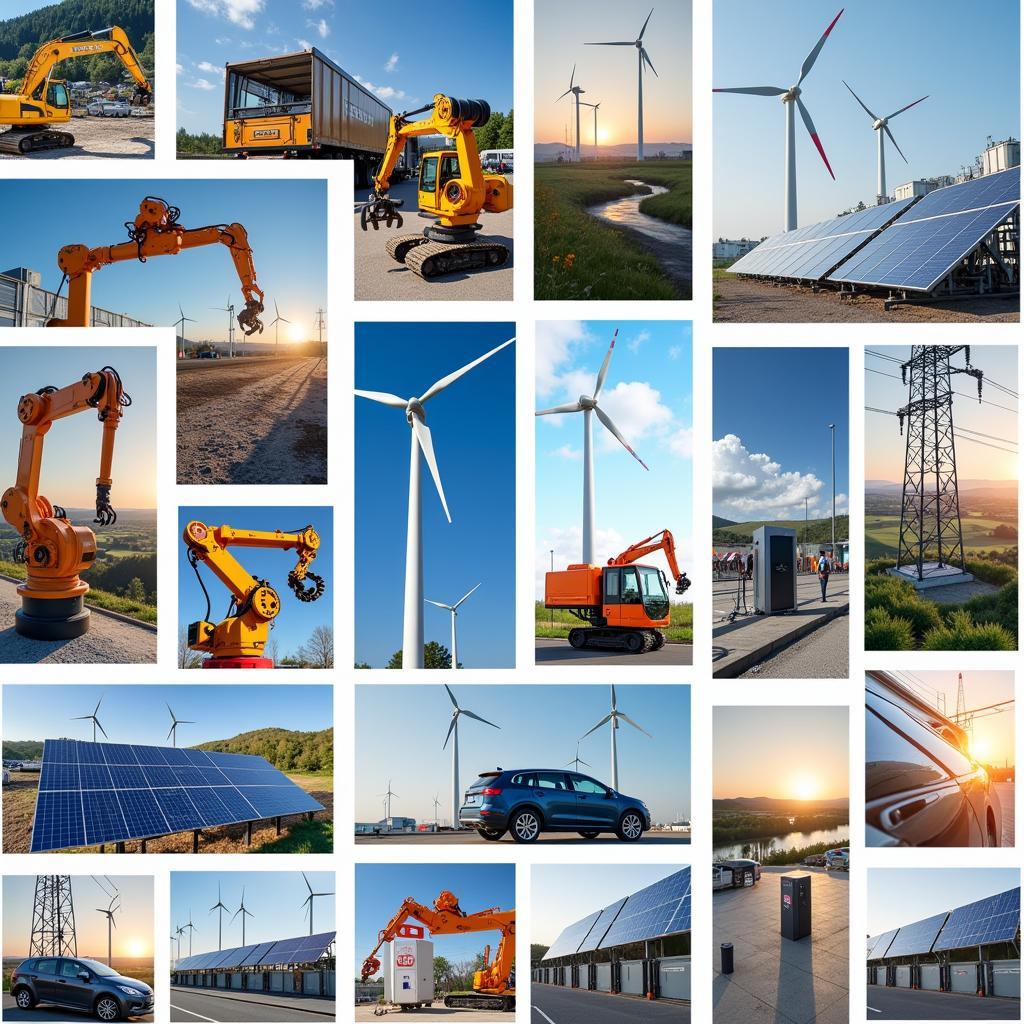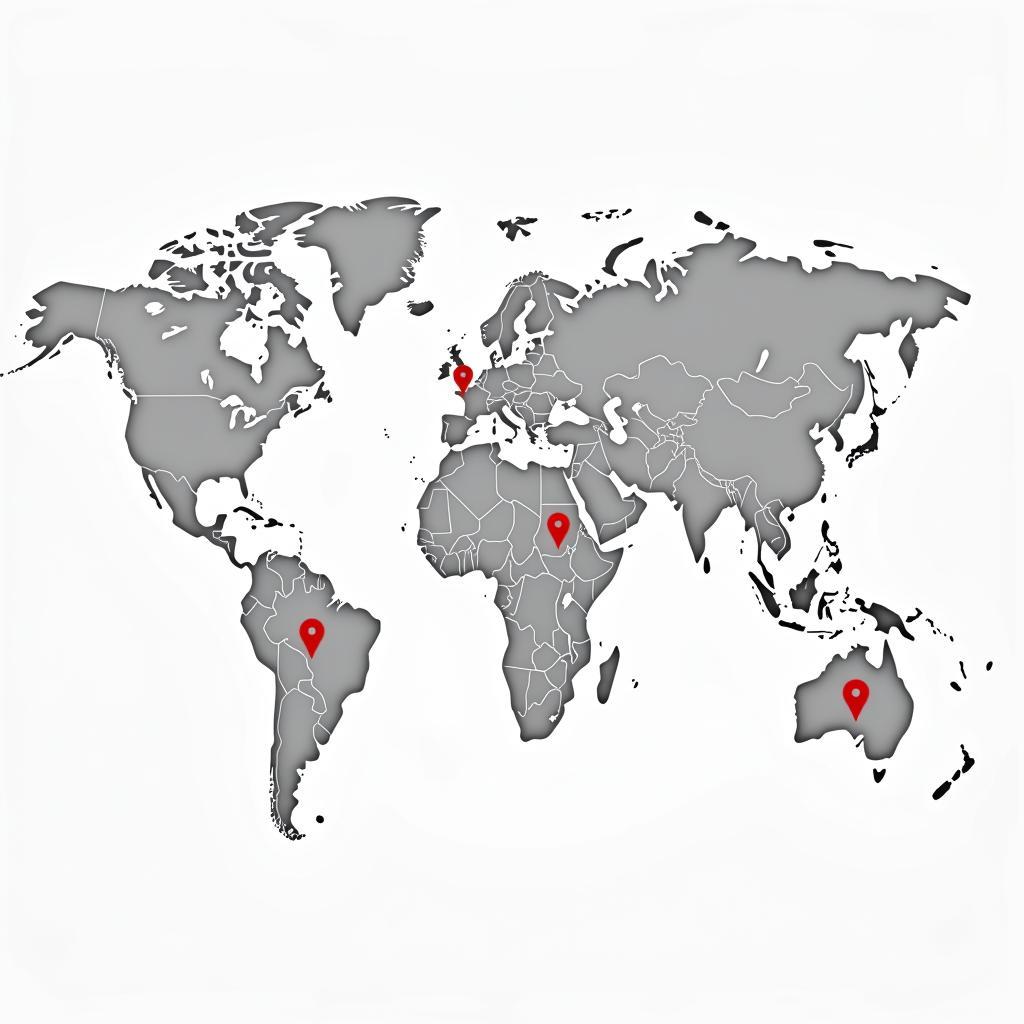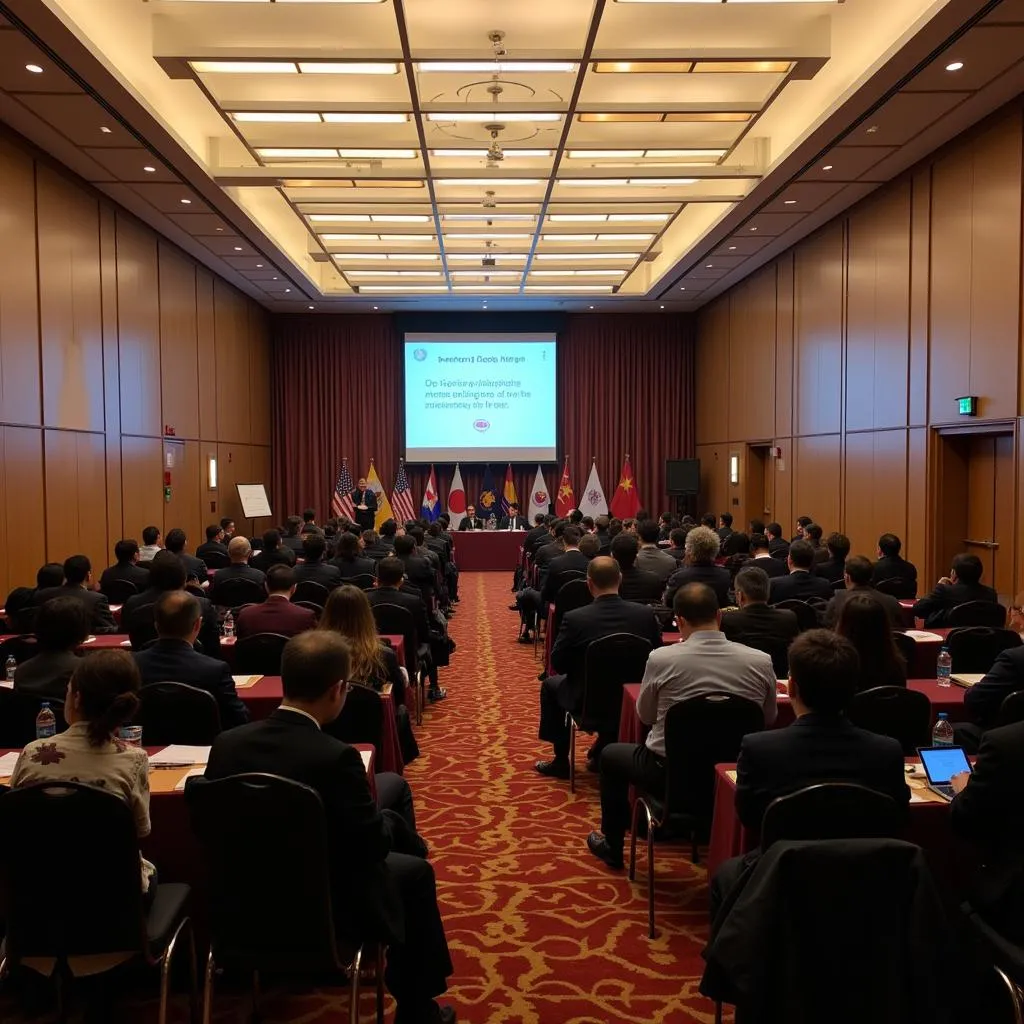Asea Brown Boveri, better known as ABB, is a multinational corporation recognized as a global leader in electrification and automation. The company boasts a rich history and remarkable achievements, making “Asea Brown Boveri Wiki” a popular search term for those seeking to understand the intricacies of this engineering powerhouse. This article delves into the depths of ABB, covering its history, operations, and impact on the world.
From Two to One: The Genesis of ABB
 ABB Merger
ABB Merger
ABB’s story begins in the late 19th century with two separate entities: ASEA in Sweden and BBC Brown Boveri & Cie in Switzerland. ASEA, founded in 1883, made its mark as a pioneer in electrical power generation and transmission. Meanwhile, BBC, established in 1891, carved its niche in electric railway technology. These two giants, each with a legacy of innovation, merged in 1988 to form Asea Brown Boveri (ABB). This strategic merger created a global force in electrical engineering, setting the stage for future growth and technological advancements.
Powering Progress: ABB’s Diverse Portfolio
 ABB Product Portfolio
ABB Product Portfolio
ABB operates through four primary business areas, each contributing significantly to crucial global sectors:
-
Electrification: ABB offers a comprehensive range of products and solutions for the entire electrical ecosystem, from power generation and transmission to distribution and utilization. Their offerings cater to various industries, including buildings, infrastructure, transportation, and industries.
-
Process Automation: This division focuses on automating industrial processes across diverse sectors, including oil and gas, chemicals, pulp and paper, and metals and mining. ABB’s automation solutions optimize efficiency, productivity, and safety in complex industrial environments.
-
Motion: ABB is a leader in drive technology, providing motors, generators, drives, and services for various applications. Their motion control solutions are vital for industrial equipment, transportation systems, and robotics.
-
Robotics & Discrete Automation: This segment combines ABB’s expertise in robotics, machine automation, and digital services. They offer a wide range of robots, application-specific robotic systems, and digital solutions like simulation and programming tools.
A Global Footprint with a Local Touch
 ABB Global Presence
ABB Global Presence
Headquartered in Zurich, Switzerland, ABB operates in over 100 countries, employing over 105,000 people worldwide. This vast global network allows ABB to cater to diverse market needs and foster local partnerships.
ABB’s Commitment to Sustainability
As a global technology leader, ABB recognizes its responsibility towards environmental sustainability. The company is deeply committed to enabling a low-carbon society and driving resource efficiency. ABB’s sustainability strategy focuses on three key areas: enabling a low-carbon society, preserving resources, and promoting social progress. ABB aims to achieve carbon neutrality in its operations by 2030.
Looking Ahead: ABB’s Vision for the Future
ABB remains at the forefront of innovation, constantly exploring new technologies and solutions to address global challenges. The company focuses on digitalization, artificial intelligence, and collaborative robotics to drive the next wave of industrial transformation. ABB is committed to shaping a more sustainable and efficient future through innovation and a customer-centric approach.
Conclusion
Asea Brown Boveri, with its rich history of innovation and a firm commitment to sustainability, continues to shape the future of electrification and automation. Their diverse portfolio, global reach, and focus on technological advancements position them as a leader in shaping a more efficient, sustainable, and interconnected world. Whether you are an industry professional, a technology enthusiast, or simply curious about the world of engineering, exploring the “Asea Brown Boveri Wiki” opens a window to a fascinating journey of innovation and progress.

